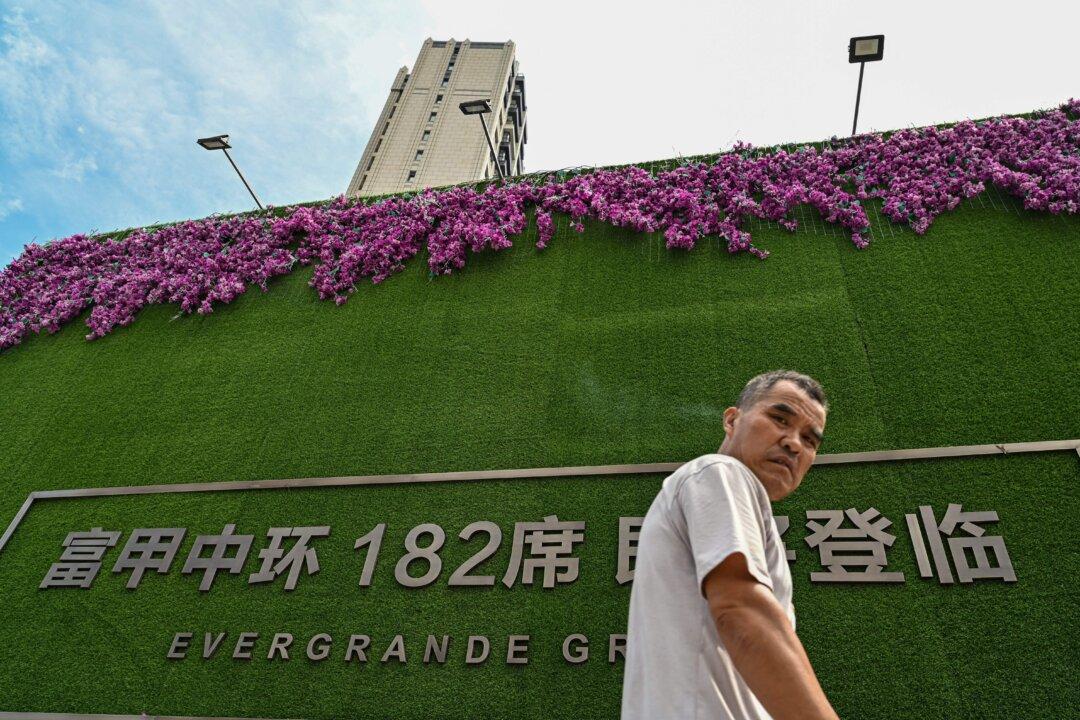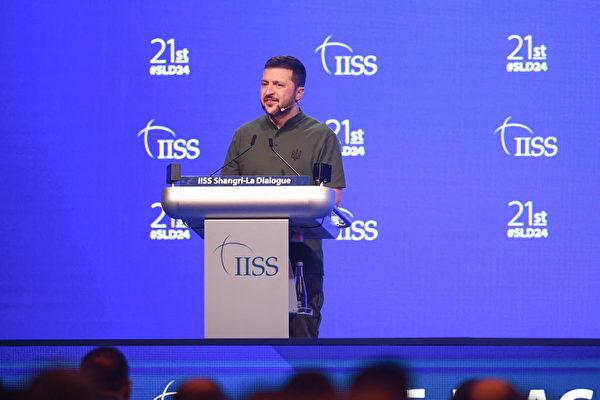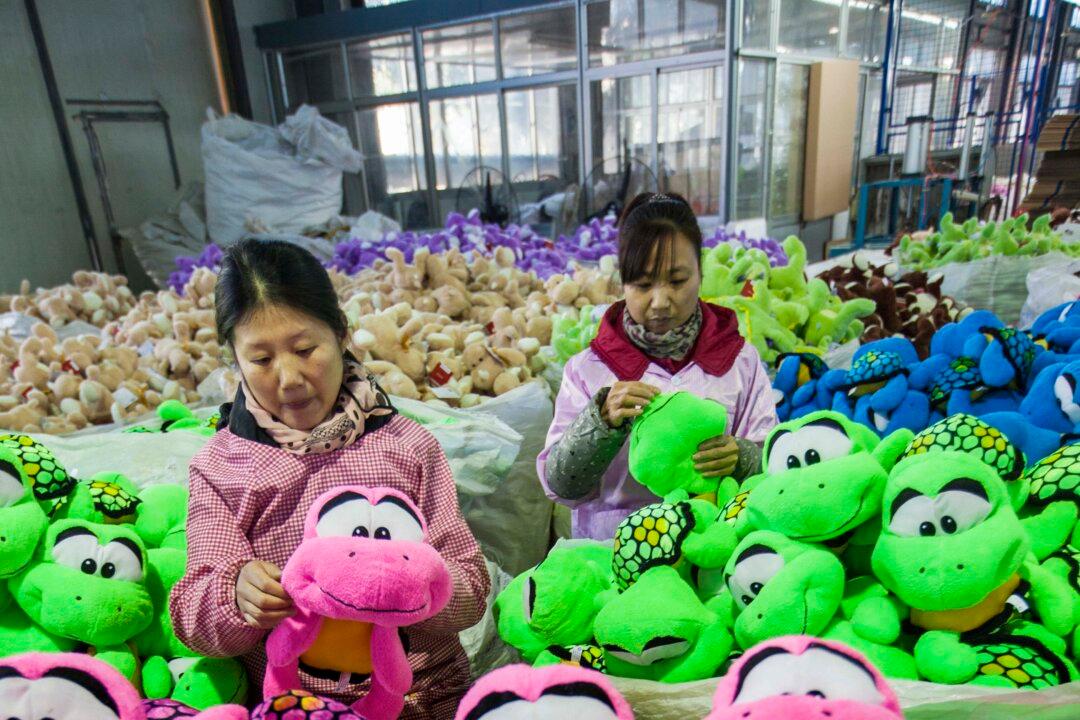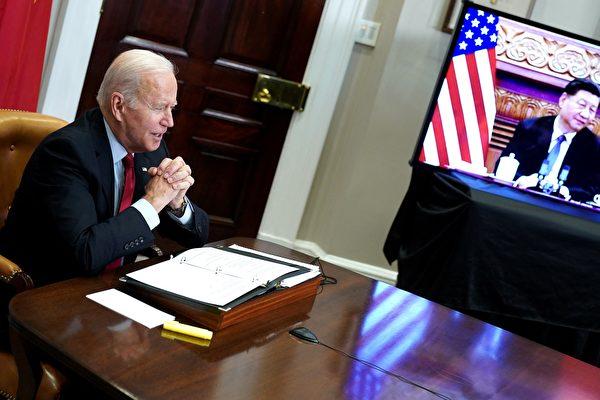The embattled Chinese real estate giant Evergrande, along with its founder, has been penalized following accusations of artificially boosting its revenues by $78 billion in the two years before it defaulted on its debt obligations.
The penalty came 172 days after the arrest of Hui Ka Yan, founder and chairman of Evergrande Group.





